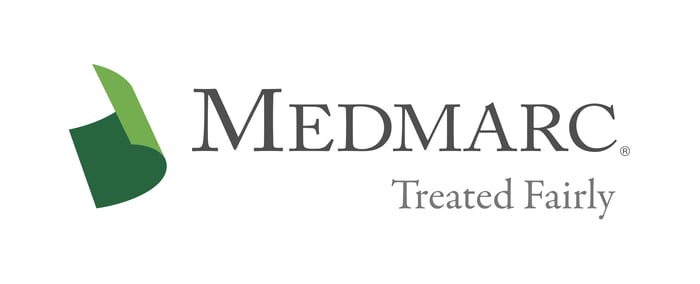Developing a Medical Device Recall Action Plan
Medical device recalls are initiated when a medical device is defective, poses a risk to health, or both. The medical device manufacturer is generally charged with voluntarily initiating a recall; however; if the manufacturer fails to act, regulatory authorities, such as the Food and Drug Administration (“FDA”), may directly initiate a recall. While the FDA has rarely exercised its authority to order a medical device recall, the FDA provides general oversight of a medical device recall once it is initiated by the manufacturer.
Types of Medical Device Recalls
The FDA categorizes medical device recalls in the following three classes:
- Class I. Dangerous or defective products that predictably could cause serious health problems or death.
- Class II. Products that might cause a temporary health problem or that pose only a slight risk of a serious nature.
- Class III. Products that are unlikely to cause any adverse health reaction but that violate FDA labeling or manufacturing laws.
Managing a Medical Device Recall
Most medical device manufacturers will never have to manage a medical device recall; however, all medical device manufacturers should be prepared to do so. There is a direct link between a successful medical device recall and how well the manufacturer prepared in advance of the recall. The worst time to develop a recall action plan is after a recall is initiated.
Key Components of a Recall Action Plan
When developing a medical device recall action plan, include provisions for the following:
- Recall Coordinator. This person is responsible for designing, implementing, and managing the plan. The best candidate for Recall Coordinator is in a position in the company that allows him or her to rapidly make and implement decisions in conditions that could be a fast-moving and changing.
- Recall Team. The Recall Team should consist of key representatives from all functional areas of the company, such as design, manufacturing, legal, finance, information technology, etc. In some instances, it may be beneficial to include outside consultants. As the team is likely to manage the day-to-day aspects of a recall, consider identifying and including alternates for each team member.
- Media and Document Management. Consider who will be the company spokesperson for dealing with the media. Ensure that all employees are familiar with the company spokesperson’s message. Consider who will have responsibility for overseeing incoming and outgoing documents.
- Test the Plan. Develop hypothetical scenarios to test the plan and correct any identified problems.
Conclusion
Successfully managing a medical device recall is not an easy task. The chances of success are greatly increased by advance planning for a recall.
This article is not intended as legal advice and does not constitute legal advice. It does not create an attorney/client relationship and is intended to provide only general, educational, non-specific legal information. It is not intended to cover all the issues related to the topic discussed. The specific facts that apply to various situations may make the outcome different than would be initially anticipated. You should consult with an attorney familiar with the issues and laws of your state and country, if you have any legal questions or concerns.
For additional resources contact the Marketing department
Phone: 888-633-6272
Medmarc is a member of ProAssurance Group, a family of specialty liability insurance companies. The product material is for informational purposes only. In the event any of the information presented conflicts with the terms and conditions of any policy of insurance offered from ProAssurance, its subsidiaries, and its affiliates, the terms and conditions of the actual policy will apply.
Copyright © 2024 - Medmarc
